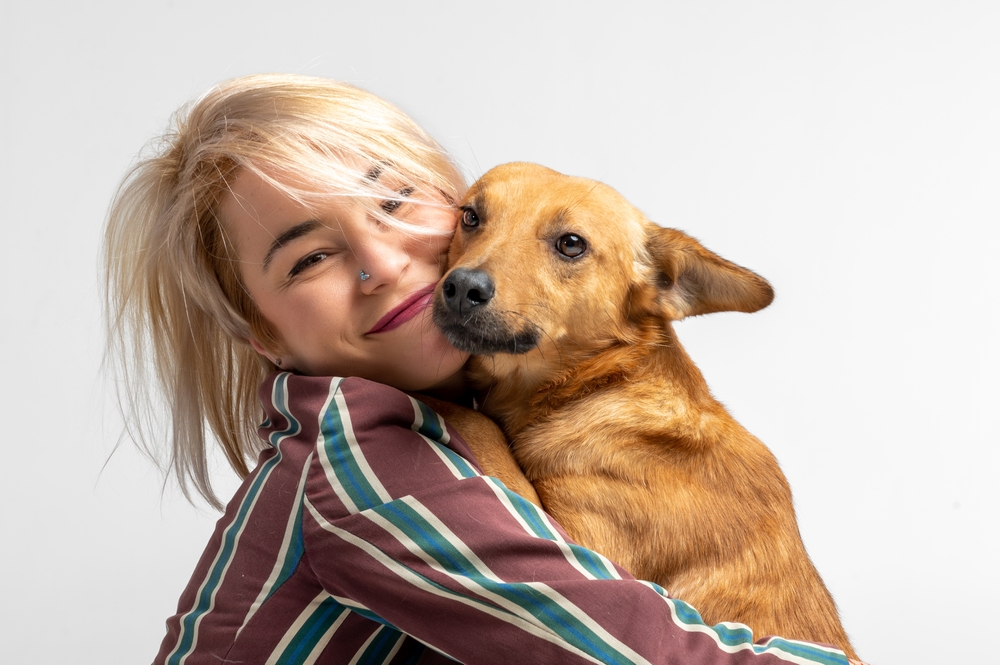
You must be in charge of your pet’s health. That is why the American Animal Hospital Association and the American Veterinary Medical Association set guidelines for canine preventive care. Knowing these guidelines can orient you about the right focus points for your dog’s health and wellness. Here are the details.
Defining Preventive Care for Dogs
Preventive care for canines means maintaining your pet’s happiness and health. Dogs are prone to developing different conditions. That is why you must know as much as you can about preventive wellness. Keeping these diseases at bay can keep your dog in great health at all times.
Nutrition Guidelines
The food you provide your dog depends on factors such as breed, age, or physical health. Small dogs have different needs than larger breeds. The food you choose for them should have key nutrients to sustain your dog’s health. Your vet can suggest ideal foods for your puppy, adult dog, or senior dog. If your dog has eating disorders, a wellness exam is a chance to discuss it.
Grooming Guidelines
Proper grooming can help improve your pet’s health. Your dog’s skin needs to be well-ventilated, so long-haired dogs need regular grooming. This will prevent painful mats. Well-groomed dogs tend to be happier, play more, and behave better.
Matted patches of fur become painful if they stay on the skin for a long time. The fur clumps together and hides potentially painful skin conditions. A groomer with electric clippers can remove them, but it can be a struggle. Brushing your dog’s fur can prevent matting and strengthens your bond.
Trimming your dog’s nails is also important. This will prevent their long nails from getting caught on the carpet or floorboards, which may cause bleeding. You can use a nail trimmer, but if your dog does not like it, a nail grinder can be preferable. A grinder can double as a massager that can help your pet associate nail care with a positive experience.
Household Hazard Guidelines
You must always see to it that your dog stays clear of household chemicals and foods. They rely on their noses to learn about their surroundings and are often curious about the different smells they encounter. Anything that smells like food will be tempting to them. Here are some hazardous household items that you must keep away from your dogs:
Chocolate
Cleaning supplies
Pesticides
Antifreeze
Electrical cords
Alcohol
Medications
Poisonous plants
Onions
Perfumes
Vaccine Guidelines
This is one of the basic preventive healthcare guidelines for dogs. You should bring your dog in for shots during the first year of life. Core and non-core vaccines must be completed. This is a crucial way to protect your dog from different diseases and infections. Rabies, parvovirus, and distemper are a few of the core vaccines.
Your dog will get non-core shots depending on your dog’s life situation. One example is a Kennel cough vaccine. This vaccine is important for dogs that live in an environment with other dogs. If your region is known for Lyme disease, vaccinating your dog against it can protect not only your dog but all animals and indeed people in the area.
Understanding each set of preventive health care guidelines can help you care for your dog better. At Sugar Land Veterinary Clinic, we work with our pet parents to provide their pets with the highest level of care. Feel free to drop by our clinic in Sugar Land, Texas, email info@sugarland.vet or call (281) 800-9003 to schedule an appointment today.






